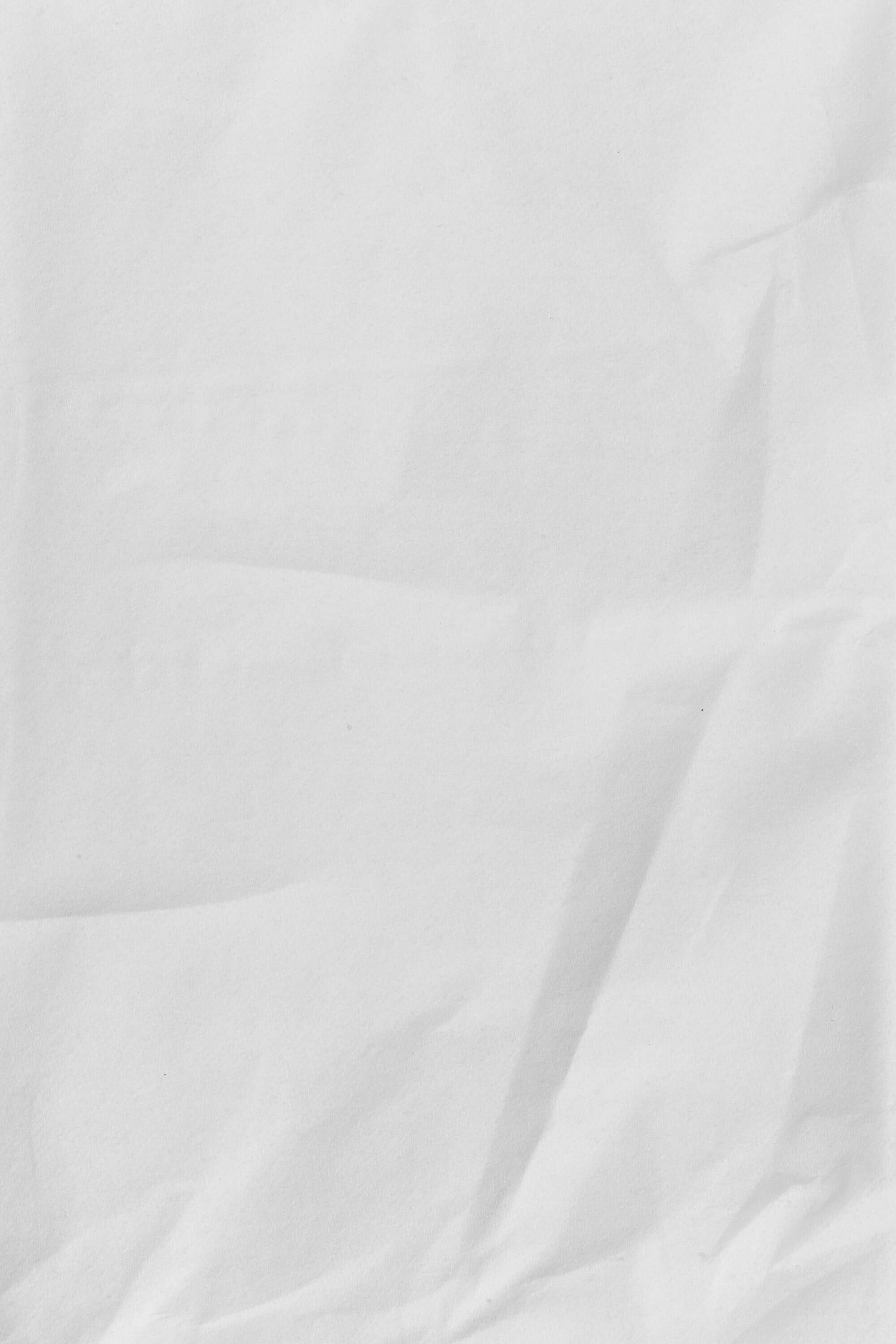WELCOME TO THE PODCAST
Understanding Disordered Eating

LISTEN NOW
Understanding
Disordered Eating Podcast
Each week we explore the deeper meaning of our relationship with food and our body. I interview experts in the field of eating disorders and psychoanalysis to bring you the answers about why you do the things you do and bring you one step closer to a healthier relationship with food and yourself.
Women's Hormones, Body Image, and Facts with Dr. Esther Rollhaus
We’re diving into the whirlwind of women’s health across the lifespan, from puberty (hello, acne and mood swings) to pregnancy (goodbye, all those shoes that are now too small) and beyond. Spoiler alert: expecting your body to stay the same through all this? Delusional. This isn’t just about biology. It’s about expectations. Why are we so hard on our bodies for doing what they’re literally designed to do?
Cracking the Confidence Code: Part 2
Confidence isn’t about magically feeling good 24/7. It’s about learning how to trust yourself, even when you feel like a mess. We’ll be unpacking the "5 C's of Confidence" — Compassion, Curiosity, Courage, Connection, and, of course, Confidence — and showing you how to turn anxiety-fueled meltdowns into moments of growth.
The Secret Sauce for Building Confidence: Part 1
In this episode, I’m diving into what actually builds confidence: relationships. Real ones. Consistent, validating, non-judgy, "I-got-you" type of relationship. The kind that reminds you you’re worthy, even when you’re sporting your least flattering sweatpants.
5 Tips for Summer and Body Image/"Out of Control" Food Struggles
There’s an often misunderstood world of intuitive eating. Sure, it’s all about “all foods fit” and “no food rules,” but let’s get real—sometimes you need a bit of structure, especially when that party-size bag of chips starts whispering your name.
Postpartum, Body Image, and Eating Disorders with Pam Skop LMHC, CEDS, RYT
As a mother myself, I've experienced firsthand the pressures of bounce-back culture. It's everywhere - from social media ads to casual conversations. The expectation to quickly return to your pre-pregnancy body after carrying a human for 40 weeks and giving birth is, quite frankly, absurd.
How the ED People Are Pushing the Masses Away
I firmly believe that the key lies in early detection and prevention. Whether you're a psychiatrist pediatrician, therapist, or dietitian, your ability to recognize the early signs of disordered eating and intervene can truly make a world of difference. It's about becoming part of the solution, steering individuals away from the brink of despair, and towards a path of healing and recovery.
The Beauty Ideal with Nechami Tennenbaum, MBA
When we talk about eating disorders, the conversation often revolves around body image – from the harmful effects of body shaming to the empowering message of body positivity. But there's another aspect of this conversation that often goes overlooked: beauty ideals.
Eating Disorders Don’t Have a Look
Here’s the thing, eating disorders don’t have a look. It’s a myth that eating disorders are typically portrayed by a “skinny” individual. But the reality is far from that stereotype. Eating disorders can affect anyone, regardless of their outward appearance. They don't discriminate based on size, shape, or weight.
Body Positivity is a Farce
What comes to mind when you hear the term “body positivity”? First off, it’s become a mainstream concept. Body neutrality, all foods fit, and body positivity are all terms to describe a phase of coming to terms with your body. However, we have to recognize that this approach may not resonate with everyone seeking help. While we shift towards inclusivity, we also inadvertently exclude individuals who may not be ready or comfortable with these concepts. These individuals hear these terms and think “Nope, I want nothing to do with this” and run from treatment.
Meet Your Host
Rachelle is a licensed mental health counselor, eating disorder and analytic therapist.
Rachelle works with clients in New York City and Brooklyn to make sense of life’s messy emotional experiences.











